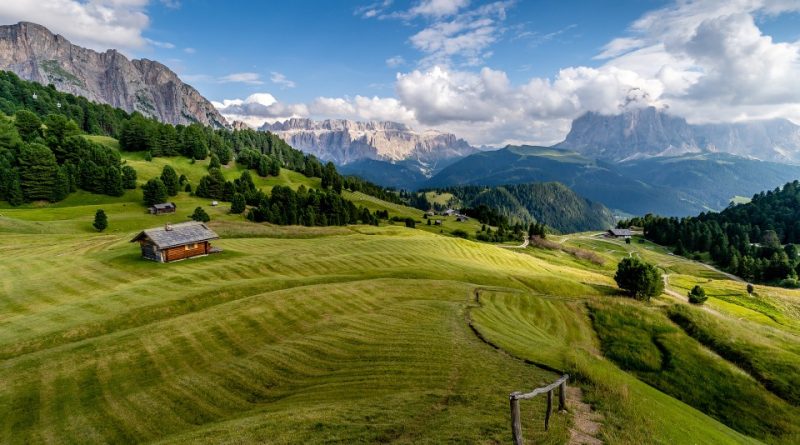Biodistrict
Biodistrict
The biodistrict, or biological district, is an innovative form of territorial governance in which citizens, institutions, farmers and other actors of the agricultural chain make a pact for the sustainable management of the territory, according to the principles of organic agriculture.
The biodistrict is, therefore, a participatory system in local development. In recent years there has been a real proliferation of such initiatives throughout the national territory, in such proportions as to have no equal in the rest of Europe and the world, where, albeit with due differences, experiences are emerging or have arisen similar.
A bio-district therefore represents a geographical area, suited to organic farming, in which various actors in the area, including: farmers, private citizens, associations, tour operators and public administrations, enter into an agreement for the sustainable management of resources, aiming on organic productions that involve all the links in the supply chain up to consumption.
In all Biodistricts, despite the territorial and cultural differences that distinguish them, organic agriculture is considered the key tool for boosting the local economy and maintaining or improving the quality of the territory, in some cases threatened by the abandonment of the countryside , or under the pressure of intensive agriculture.
The establishment of bio-districts is now becoming even more important in the agroecological field since, as demonstrated by some research, the creation of agro-ecosystems can be more favored by the creation of areas where biodiversity can be organized and managed on a supra-corporate scale.
The pillars on which the biodistricts are based are essentially three:
– the importance of organic supply chains and their integration with other connected supply chains, such as tourism and crafts;
– the constant relationship with the local administrations, which have the task of acting with their tools on the priorities of the territory that have emerged;
– the involvement and awareness of citizens, both as recipients of training actions and as actors, whose choices can determine an impact on the territory.
It should also be remembered that the birth of some bio-districts also started from non-agricultural initiatives such as: Solidarity Purchasing Groups or individual Municipalities, for example.
Furthermore, the interest of the territories for the establishment of a bio-district is fueled by the expectation generated by the evolution of the rules on organic farming, and in Europe by the Farm to Fork Strategy which now require the structuring of reference rules to develop organic agroecology, such as that of the L.R. 21 of 2021 of the Sicilian Region.
In the evolution of biodistricts, regional regulations have been established and this has given an important boost in Europe to the new EU Regulation on organic farming (EU REG. 848/2018), which entered into force in 2021. Recognizing for the first time the possibility, for now limited to “small companies” to resort to group certification, can offer interesting opportunities to organic districts.
It is evident that, in this direction, there is a great need for qualified technical assistance, both to favor the conversion of conventional farms to organic farming, and to support already established organic farms, above all to favor the transition from “replacement” organic farming to agroecology which, although it is already a reality in many bio-districts, encounters some difficulties in areas with a strong agricultural specialization where it is very difficult to maintain high yields without resorting to suitable agronomic measures.
Furthermore, the involvement of the Municipalities is seen as essential to ensure that the approach to sustainability goes beyond the fence of the supply chain to involve the local community in actions for change.

